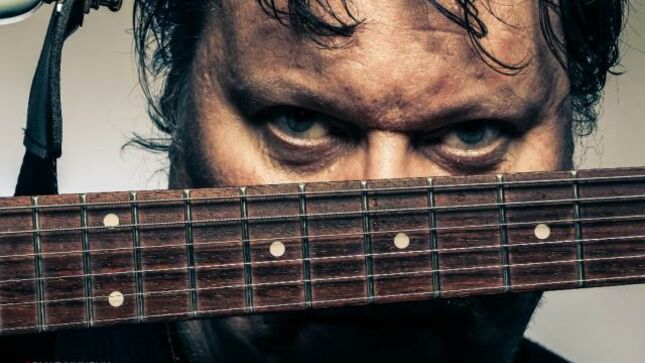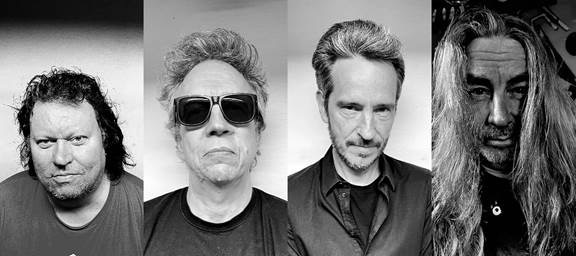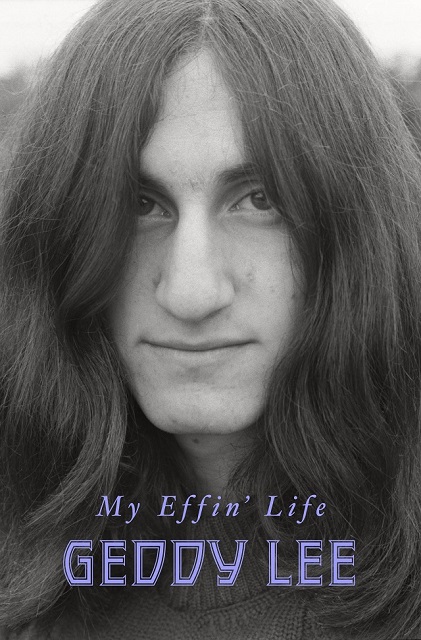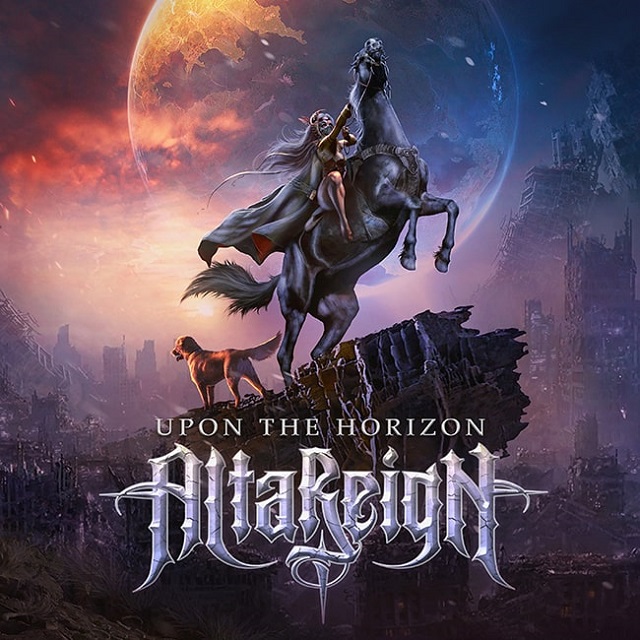 Former STRATOVARIUS Guitarist TIMO TOLKKI Announces Plans To Remove His Music From All Streaming Platforms - "To Me, Spotify Represents An Entity That Is Solely Based On Corporate Greed"
Former STRATOVARIUS Guitarist TIMO TOLKKI Announces Plans To Remove His Music From All Streaming Platforms - "To Me, Spotify Represents An Entity That Is Solely Based On Corporate Greed"Former Stratovarius guitarist Timo Tolkki, who recently announced his return with the launch of Timo Tolkki’s Strato, has checked in via social media with a message for his fans:
"My statement regarding my music in all streaming services:
After much thinking, research and talking with some of my colleagues that I deeply respect, I have decided to remove all my music from all the streaming platforms.
Spotify has been heralded as 'saviour of the music industry.' Maybe it is that, but to me it represents an entity that is solely based on corporate greed with highly immoral, unethical and unfair payment system for the ones that at least used to keep this business alive: musicians, songwriters and bands.
I value my talent as a songwriter and producer, a talent that I have achieved through putting all my energy and love to that since I was 16 years old, much higher both financially and ethically than the business model that the current streaming services offer.
Daniel Ek, the CEO of Spotify, who has a net worth of 3.4 Billion USD, has never written one note in his life. Spotify is backed by big time investors like Goldman Sachs and Blackrock and its revenue in 2022 was 12.3 Billion US dollars and still, 'it’s not profitable.' Spotify is largely owned by the Major Record Companies like Sony Music, Universal and Warner Music.
The last drop for me really was when Spotify announced that they will not be paying anything to artists that has less than a 1000 stream counts. Another 'nail in the coffin', so to speak, is that they are planning to start creating artists with Artificial Intelligence that don’t really exist of course.
I do not want to take part in anything like this. All this combined together represent the opposite of what I am doing with my music. I express my soul, spirit and talent through my music and I refuse to give to organisations that for some kind of alliance with what I consider to be destructive force in our beautiful planet: the blatant exploitation of people without any kind of ethical or moral principle and where the only thing that matters is to make as much profit as possible without thinking a fraction of a second about the consequences to that.
In the future if I am going to release anything at all, it will be through my own website, https://www.tolkki.art,
I wish in the future artists will start selling the music they want to make through their own channels and offer their music perhaps with some premium content. I believe that it is entirely possible to do this and maintain your artistic and human integrity.
I thank you all who have been listening to my music since 1989 and who have been supporting me even when it has seemed difficult to do.
I wish you and your families Peaceful Christmas and Happy New Year 2024.
Love and Peace."
Back in October, ROAR! Rock Of Angels Records announced the signing of a multi-album deal with Timo Tolkki’s Strato and welcome the band to the roster.
They started it all 39 years ago...
Tuomo Lassila formed Stratovarius in Helsinki 1984, and is responsible together with the original guitar player Staffan Stråhlman for the band's name Stratovarius. One year later Timo Tolkki joined the band. Stratovarius released their debut album Fright Night (1989) through CBS Finland. From that started one of the biggest success stories in the history of metal. They defined what is currently known as "power metal" with albums like Fright Night (1989), Twilight Time (1993), Dreamspace (1994) and Fourth Dimension (1995).
Timo Tolkki wrote more than 100 songs for the band before leaving the group to embark on a successful solo career back in 2008, and is responsible for writing such anthems like “Black Diamond”, “Hunting High And Low”, “Speed Of Light”, “Paradise”, “Forever” and “Destiny”. More than 4 million copies of Tolkki-era Stratovarius albums have been sold.
In the summer 2022 Timo Tolkki, Tuomo Lassila and Antti Ikonen met to discuss ideas to reform the original lineup. In all secrecy, they have rehearsed in Tuomo’s garage (real back to the roots!) since January 2023, deciding to call themselves Timo Tolkki’s Strato.

Timo Tolkki’s Strato lineup:
Timo Tolkki - Guitar/Vocals
Tuomo Lassila - Drums/Percussion/Vocals
Antti Ikonen - Keyboards
John Vihervä - Bass










